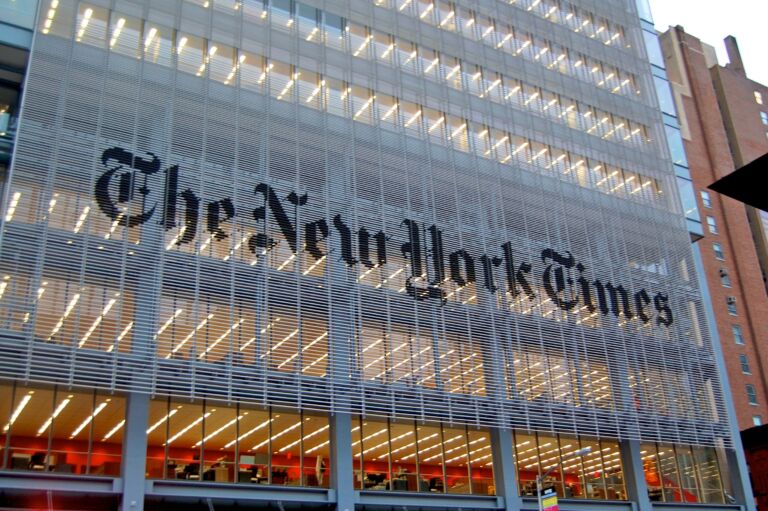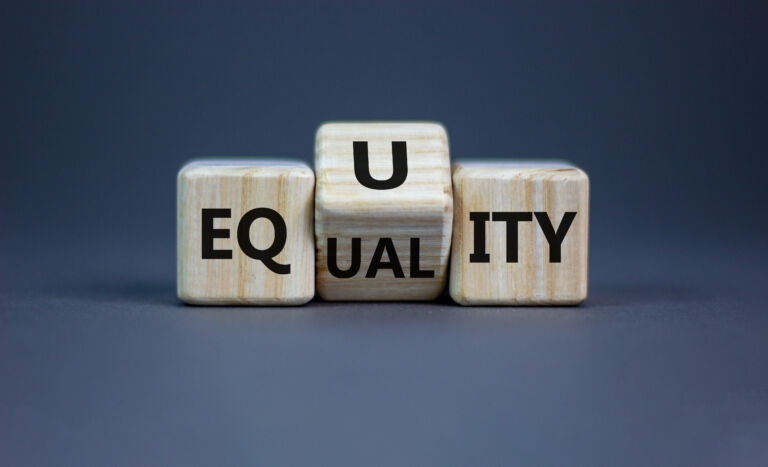Christopher Rufo writes for the New York Post about the ill effects of Critical Race Theory in American society.
California prison gangs operate on a model of collective, identity-based security. If a white inmate attacks a black inmate, or vice versa, their racial compatriots must fight to protect the group’s interests. The threat of race war, they believe, is the only way to secure peace. The prisoners maintain separate facilities, sleeping quarters and trade networks. An individual might not want to join his racial clique, but his survival depends on doing so. …
… I began studying critical race theory and the racialist ideologies that are becoming entrenched in American schools. Though the comparison is provocative, frightening parallels exist between the racialist logic of the prison yard and the racialist pedagogy of many public schools.
First, schools that have adopted critical race theory reject individualism and colorblindness; to achieve an authentic identity and gain collective power, individuals must identify first and foremost with their racial group.
Second, as in the prison yard, some public schools have begun segregating teachers and students for training sessions, classroom exercises, field trips and even playground activities.
Third, many schools that have adopted critical race theory explicitly teach that children belong to categories of “oppressor” or “oppressed” based on a racial hierarchy, and then tell students that they must tear down society in order to “decolonize” the land, settle racial scores and direct the spoils to their compatriots.
This development might not come as a total surprise. Critical race theory draws heavily from black-nationalist ideology, such as that of the Black Panther Party, which came to fruition in California prisons in the 1960s. The new iteration of this ideology might have abandoned the militant rhetoric of the Panthers in favor of the therapeutic language of the school psychologist, but it nevertheless threatens to replicate the destructive features of prison-gang politics in the “outside world.”


